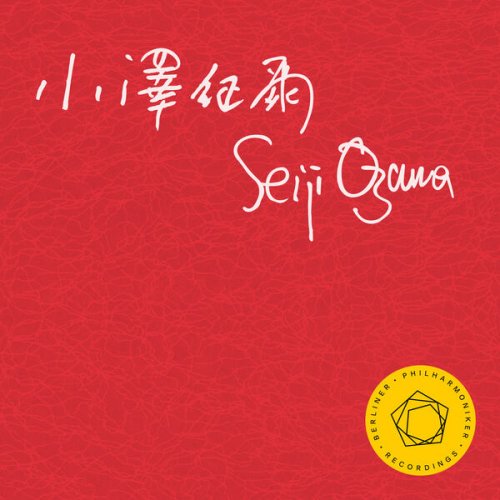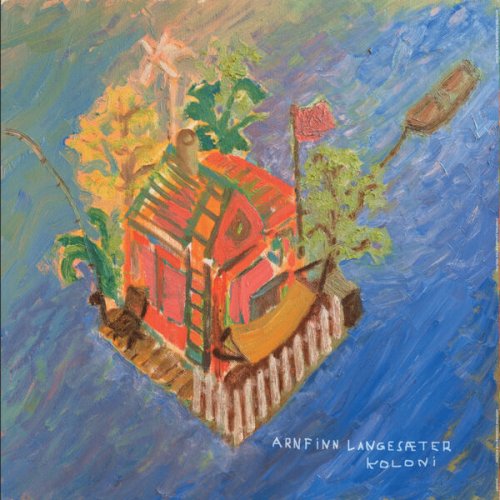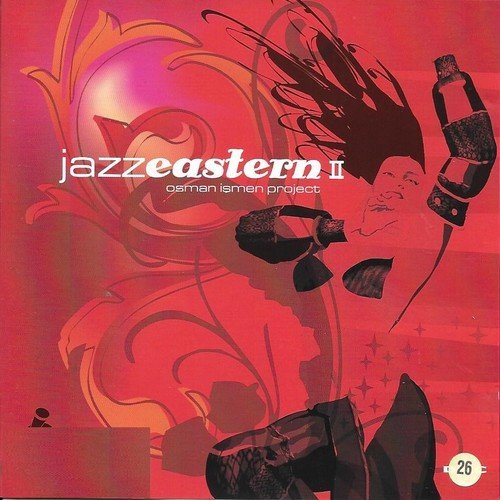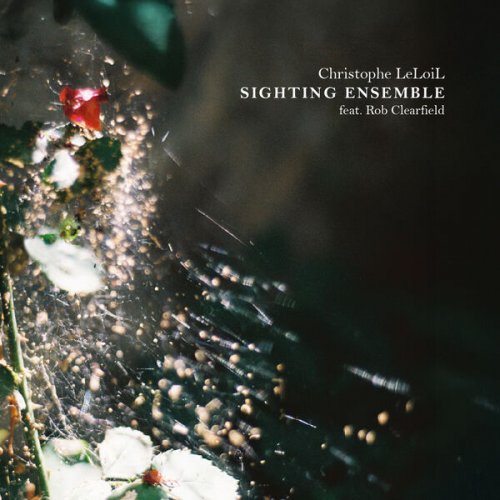Berliner Philharmoniker & Seiji Ozawa - Hindemith: "Symphonia Serena" (2024) [Hi-Res]

Artist: Berliner Philharmoniker, Seiji Ozawa
Title: Hindemith: "Symphonia Serena"
Year Of Release: 2024
Label: Berliner Philharmoniker
Genre: Classical
Quality: FLAC (tracks) / 24bit-48kHz FLAC (tracks)
Total Time: 33:05
Total Size: 129 / 329 MB
WebSite: Album Preview
Tracklist:Title: Hindemith: "Symphonia Serena"
Year Of Release: 2024
Label: Berliner Philharmoniker
Genre: Classical
Quality: FLAC (tracks) / 24bit-48kHz FLAC (tracks)
Total Time: 33:05
Total Size: 129 / 329 MB
WebSite: Album Preview
1. "Symphonia Serena": I. Moderately Fast (10:20)
2. "Symphonia Serena": II. Geschwindmarsch by Beethoven. Paraphrase (3:52)
3. "Symphonia Serena": III. Colloquy (9:36)
4. "Symphonia Serena": IV. Finale (9:19)
It was more than just breathing together in the music that made this relationship so extraordinary: Seiji Ozawa earned the respect and affection of the orchestra from the very first time he met the Berliner Philharmoniker in 1966. The young Japanese conductor knew exactly what he wanted on the podium and knew the scores down to the smallest detail. Nevertheless, the always polite and approachable conductor never imposed his views on the orchestra. The result was a partnership on an equal footing, which was not only rewarding on a personal level, but above all enabled music-making in which there was always room for freedom and spontaneity. Our edition is a tribute to this special friendship with Seiji Ozawa, who the Berliner Philharmoniker made an honorary member in 2016.
The carefully prepared radio recordings primarily document the 1980s: a particularly intensive phase of collaboration in which Seiji Ozawa was a guest several times each season. A master student of Herbert von Karajan and assistant to Leonard Bernstein, Ozawa not only built geographical bridges to the USA and Japan, but also repeatedly brought the Berliner Philharmoniker into contact with musical discoveries. The selection of works in this edition shows Ozawa’s stylistic diversity as well as his personal preferences – German-Austrian Classical music, late Romanticism, French repertoire, and classical Modernism. But above all, these recordings convey the shared ideal of musical passion and human dialogue: Ozawa and the Philharmoniker succeeded in making even highly complex music sound transparent and multi-faceted thanks to what he described as breathing movements. In addition to the recordings on six CDs and a Blu-ray, the hardcover edition includes a comprehensive accompanying book. It contains numerous previously unpublished photos in which violinist and orchestra member Gustav Zimmermann captured their time together at close quarters. The book also includes essays by Ozawa’s friend and author Haruki Murakami, Ozawa’s daughter Seira and the Berlin journalist Frederik Hanssen in which they describe personal encounters and experiences with the Japanese conductor. Seiji Ozawa was involved in the initial planning of this edition.
The carefully prepared radio recordings primarily document the 1980s: a particularly intensive phase of collaboration in which Seiji Ozawa was a guest several times each season. A master student of Herbert von Karajan and assistant to Leonard Bernstein, Ozawa not only built geographical bridges to the USA and Japan, but also repeatedly brought the Berliner Philharmoniker into contact with musical discoveries. The selection of works in this edition shows Ozawa’s stylistic diversity as well as his personal preferences – German-Austrian Classical music, late Romanticism, French repertoire, and classical Modernism. But above all, these recordings convey the shared ideal of musical passion and human dialogue: Ozawa and the Philharmoniker succeeded in making even highly complex music sound transparent and multi-faceted thanks to what he described as breathing movements. In addition to the recordings on six CDs and a Blu-ray, the hardcover edition includes a comprehensive accompanying book. It contains numerous previously unpublished photos in which violinist and orchestra member Gustav Zimmermann captured their time together at close quarters. The book also includes essays by Ozawa’s friend and author Haruki Murakami, Ozawa’s daughter Seira and the Berlin journalist Frederik Hanssen in which they describe personal encounters and experiences with the Japanese conductor. Seiji Ozawa was involved in the initial planning of this edition.




![Charles Mingus - Mingus Ah Um (1959) [2022 DSD256] Charles Mingus - Mingus Ah Um (1959) [2022 DSD256]](https://www.dibpic.com/uploads/posts/2026-02/1770882753_folder.jpg)
![Claude Williamson - Round Midnight (Remastered 2014) (2026) [Hi-Res] Claude Williamson - Round Midnight (Remastered 2014) (2026) [Hi-Res]](https://www.dibpic.com/uploads/posts/2026-02/1770854964_cover.jpg)

![Laura Anglade - Get Out of Town (Deluxe) (2026) [Hi-Res] Laura Anglade - Get Out of Town (Deluxe) (2026) [Hi-Res]](https://www.dibpic.com/uploads/posts/2026-02/1770950244_kznexew2l78jj_600.jpg)
